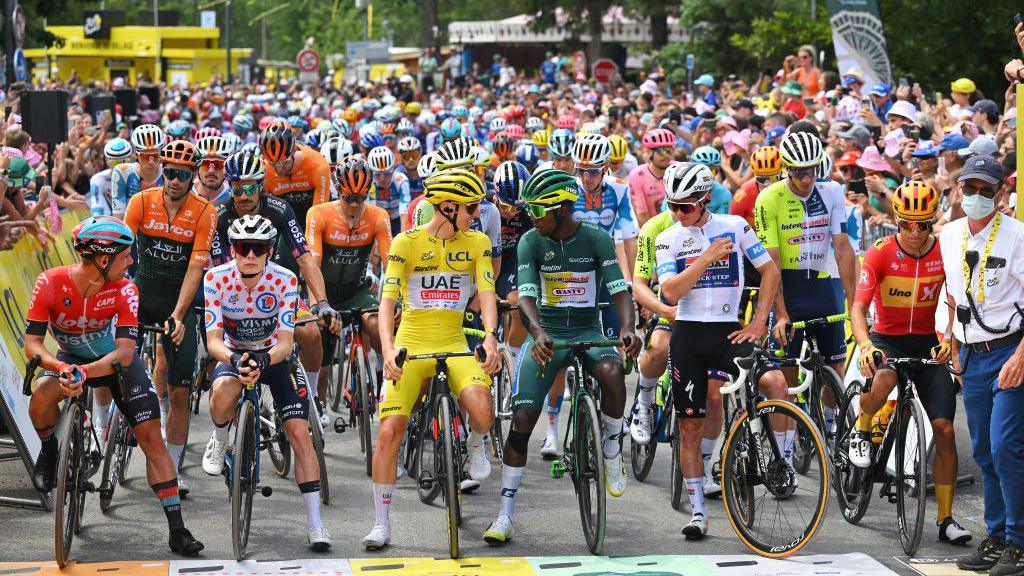The UK government has made a significant commitment to enhance sports in the country by pledging £900 million aimed at fostering both major sporting events and grassroots facilities. This investment, described as “transformational,” is set to elevate the UK’s sporting landscape and promote health and community cohesion across the nation. More than £500 million of this funding will facilitate the delivery of key international sporting events, notably including the UEFA Euro 2028, which will take place in the UK and Ireland.
Additionally, major athletic competitions such as the 2026 European Athletics Championships in Birmingham, and the Grand Departs of the men’s and women’s Tour de France cycling races scheduled for 2027, are also earmarked to receive support from this substantial investment. These events were previously backed by governmental support, demonstrating a continuity of focus on enhancing the UK’s reputation in global sports competitions.
Moreover, the government is looking into potentially backing a bid for the women’s football World Cup in 2035, alongside ongoing discussions with football associations across the home nations. However, in a crucial decision yet to be made, the government has yet to support London’s bid for the 2029 World Athletics Championships, despite over 100 prominent British athletes having urged Prime Minister Sir Keir Starmer to take action to secure this opportunity.
Culture Secretary Lisa Nandy emphasized the importance of sport in the UK, stating, “Sport tells our national story in a way few other things can.” She highlighted the capacity of sports to unite communities, inspire a multitude of people, and showcase the nation on an international stage. Nandy linked the government’s financial backing for world-class events as a catalyst for economic growth throughout the country, which would work in conjunction with investments in grassroots sports. This holistic approach seeks to create ample pathways for aspiring athletes, enabling them to train and engage in sports within their communities.
Former chair of the funding agency UK Sport, Dame Katherine Grainger, expressed frustration earlier this year that the UK was not set to host more major events in the forthcoming decade, declaring that there would be “a big gap.” Her successor, Nick Webborn, welcomed the government’s steady commitment to significant events, affirming the importance of maintaining a continuous flow of major events to inspire and connect people nationally.
As the UK prepares to host significant events, it is noteworthy that this year’s women’s Rugby Union World Cup is taking place in England, along with the upcoming Commonwealth Games in Glasgow scheduled for 2026. However, it remains unclear whether the government will support bids for prestigious tournaments such as golf’s Ryder Cup or Solheim Cup.
In terms of community engagement through sports, the DCMS has disclosed that a minimum of £400 million will be allocated over the ensuing four years to improve grassroots sports facilities that advocate health, wellbeing, and social cohesion. An ambitious initiative has also been announced regarding a new School Sport Partnerships and Enrichment Framework aimed at ensuring equal access to quality sports and extracurricular activities for all young individuals.
Ali Oliver, chief executive of the Youth Sport Trust, shared her gratitude towards the government for responding to the sector’s call for an innovative approach to physical education and school sports. She identified this support as a powerful boost to those who dedicate themselves to physical education often in challenging circumstances. Oliver pointed out the long-standing issue of low levels of children’s physical activity and voiced her support for the government’s endeavors to leverage the potential of play and sports, to address this pressing concern.
Overall, with this significant investment, the UK government is poised not only to elevate the nation’s prominence in the global sports arena through high-profile events but also to foster a robust, health-oriented sporting culture at the grassroots level.



